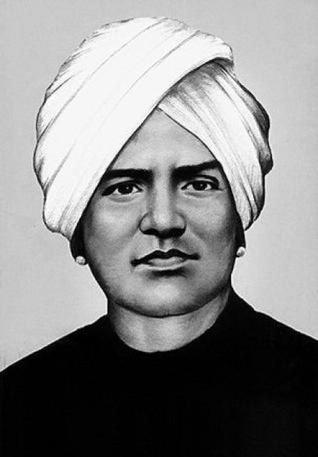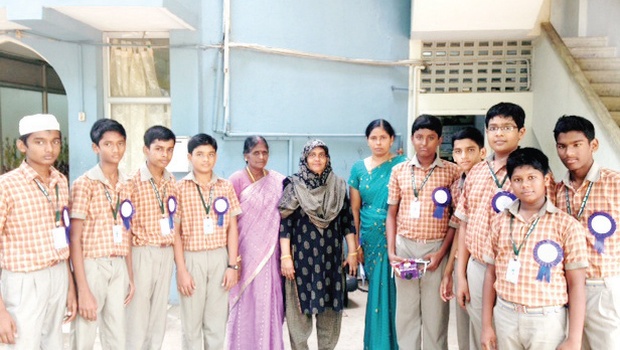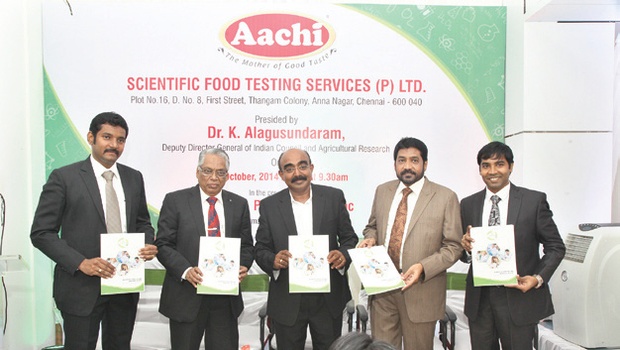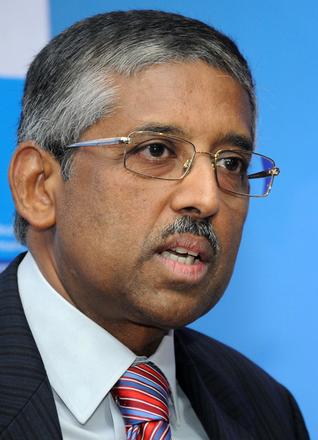Coimbatore :
Eleven scientists from across the country are back in school in Coimbatore — this time to brainstorm, collaborate and come up with ideas to use renewable energy to mitigate climate change. They are participating in a 21-day winter school organised by Tamil Nadu Agricultural Engineering College and Research Institute in Coimbatore.
One of the villages that will serve as a model is Thalinji, near Tirupur, where electricity is being generated using biomass. “Four years ago, Tamil Nadu Agricultural University (TNAU) set up a 100 cubic metre biomass plant to generate electricity for 120 houses and 28 streetlights in association with a non-governmental organisation, Non-Conventional Energy and Rural Development Society,” said S Kamaraj, professor and head, department of bio-energy. The village generates 12 units of power every hour using the biomass plant, maintained by SAG Federation and women self-help groups. There are seven solar-powered street lights as well.
“In Gujarat, there is abundant availability of biomass, so I am looking to learn the various methods of using it as an energy source and implement the most viable one with the help of students and researchers there,” said Modi Vijayesh Mahendrabhai, assistant professor, Sardarkrushinagar Dantiwada Agricultural University, Gujarat.
Another participant is looking forward to learning the latest technology and replicating it in tribal villages in Vellore district. “We are working on a project on using waste land and waste water to create an algae and extract biofuel. This winter school will definitely give us more insight to our project,” said S Joshua Davidson, assistant professor, KVK, Vrinjipuram, Vellore.
According to the ministry of new and renewable energy, India is endowed with renewable resources and there is a potential to generate an additional 80,000MW of renewable energy. “At present, the total renewable energy power generation in India is 28,000MW of the total 2,30,000MW, which works out to 12.7%,” said K Alagusundaram, deputy director general, Indian Council of Agricultural Research.
With concerns about environmental degradation and climate change increasing, the importance of renewable energy for power generation is attracting greater attention, he added.
K Ramasamy, vice-chancellor, TNAU, urged that biomass availability in Tamil Nadu should be identified and a data bank should be created. “Energy plantations and biomass processing industries should be promoted to create energy-efficient technologies for biomass-based power generation,” he added.
source: http://www.timesofindia.indiatimes.com / The Times of India / Home> City> Coimbatore / by Komal Gautham, TNN / November 09th, 2014




